Arantza Pena Popo/Insider
solarseven/Getty Images
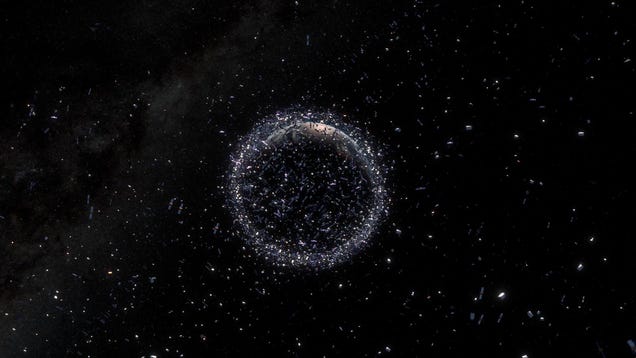
The Federal Communications Commission (FCC) issued a $150,000 fine against Dish Network for failing to properly dispose of its broadcast communications satellite, leading to an increase in orbital debris.
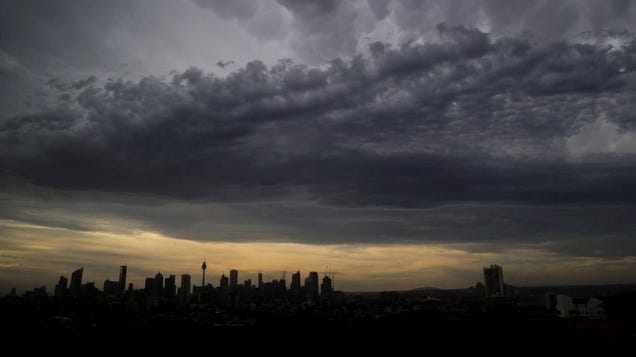
Nowhere is safe from microplastics. Tiny plastic pieces are in waterways, in our bodies, and now researchers have found microplastics in clouds on top of Mount Fuji and Mount Oyama.
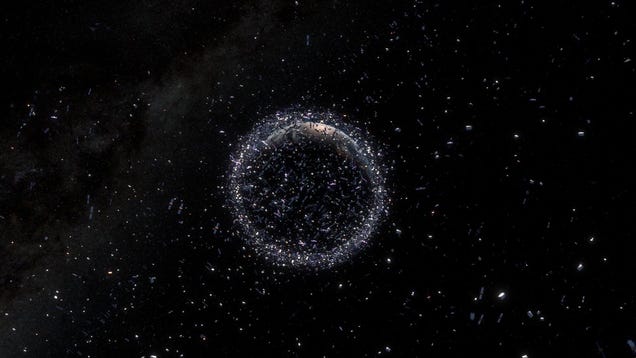
As more rockets liftoff into the skies, the Federal Aviation Administration (FAA) is trying to control how long those launch vehicles stay in orbit as floating space junk.
Maryna Terletska/Getty Images ; Alistair Berg/Getty Images
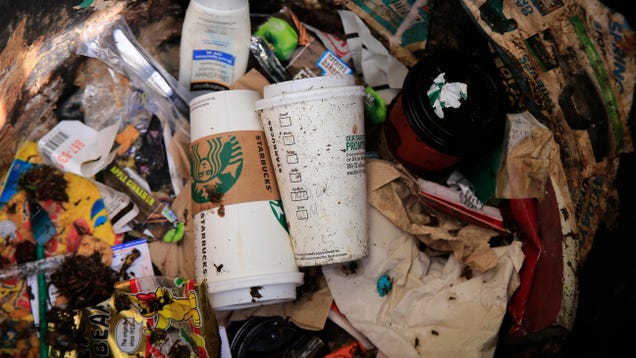
In recent years, drink chains have switched their single-use cups from plastic to paper to avoid plastic pollution and pile-ups in landfills. But according to recent research, the plastic cup that we feel good walking out of a cafe with isn’t great for the environment either.
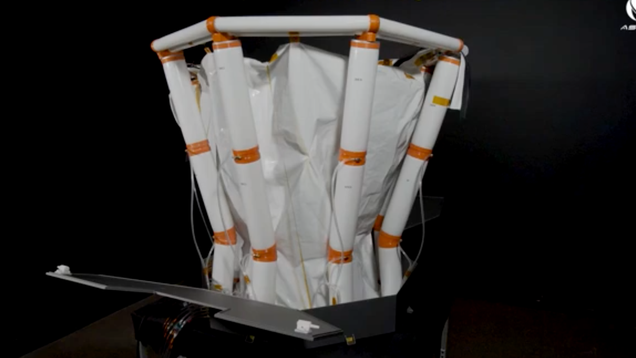
Picking up the trash in space could be as easy as stuffing pieces of defunct spacecraft into a giant bag, closing it up, and tossing the pesky space junk into an orbital recycling plant. At least that’s what space startup TransAstra hopes to do with its inflatable capture bag.
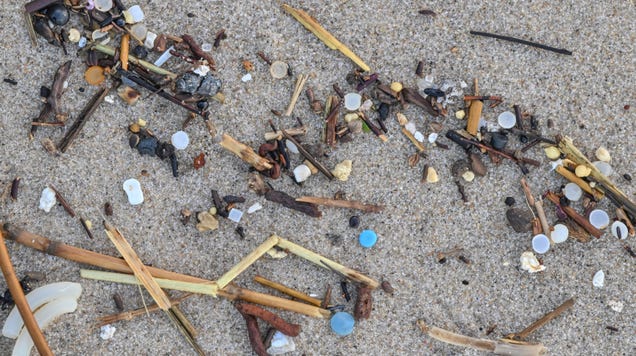
The world is covered with plastic pollution. That breaks down to become microplastics—tiny bits of plastic smaller than 5 mm.
